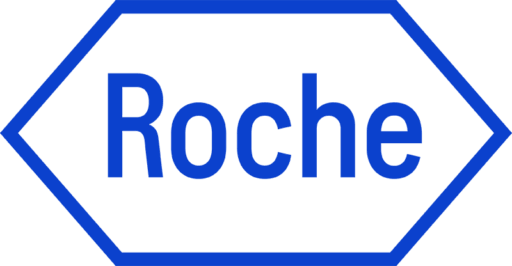
EHA-EMBL/EBI Computational Biology Training in Hematology (CBTH) program
A unique, nine-month-long training and mentoring experience designed to help you build a successful career in the computational and quantitative biology aspects of hematology.
CBTH 2026 application deadline
The call for CBTH 2026 applications closed at 15:00 (CEST) on September 16, 2025.
If you have any questions, please email training@ehaweb.org.
Course overview
CBTH is a joint effort between EHA and the European Molecular Biology Laboratory-European Bioinformatics Institute (EMBL-EBI).
Our program aims to support the development of quantitative skills for hematology researchers through training and mentoring in computational biology. You can find out more about how it’ll enhance your skills by reading the learning objectives section (below).
The program consists of:
- Two multi-day workshops in Europe
- A session at the EHA Congress
The workshops are a mix of didactics and interactive sessions, both plenary and in smaller groups. They aim to support the development of quantitative skills for hematology researchers through training and mentoring in computational biology.
Over the course of the program, you’ll:
- Meet mentors, peers, and faculty to expand your network
- Participate in smaller group discussions
- Enjoy informal presentations by leaders in hematology that illustrate the variety of paths to a successful career in hematology research
You can find out more about the individual meetings on our dates, details, and conditions page.
Who should apply
We’ve created this program for early-career researchers who are aiming to specialize in the computational and quantitative biology aspects of hematology.
To apply, you must:
- Hold a PhD or MD degree (or equivalent)—or expect to complete your PhD or MD by the time you apply
- Have a proven scientific track record that demonstrates ambitions to continue a research career in the field of hematology
- Be an EHA member
For full details, visit our eligibility page.
Learning objectives
- Improve your understanding of computational techniques as applied to hematological datasets.
- Improve your personal computational biology skillset, tailored to the project.
- Further develop and widen your network of potential collaborators, both in terms of peer group and potential mentors, in computational biology.
- Develop a specific quantitative project in hematology that you can then use to leverage further funding and/or facilitate its successful publication.
CBTH sponsors
This program has been made possible through the generous support of an unrestricted grant from our premium sponsor.

